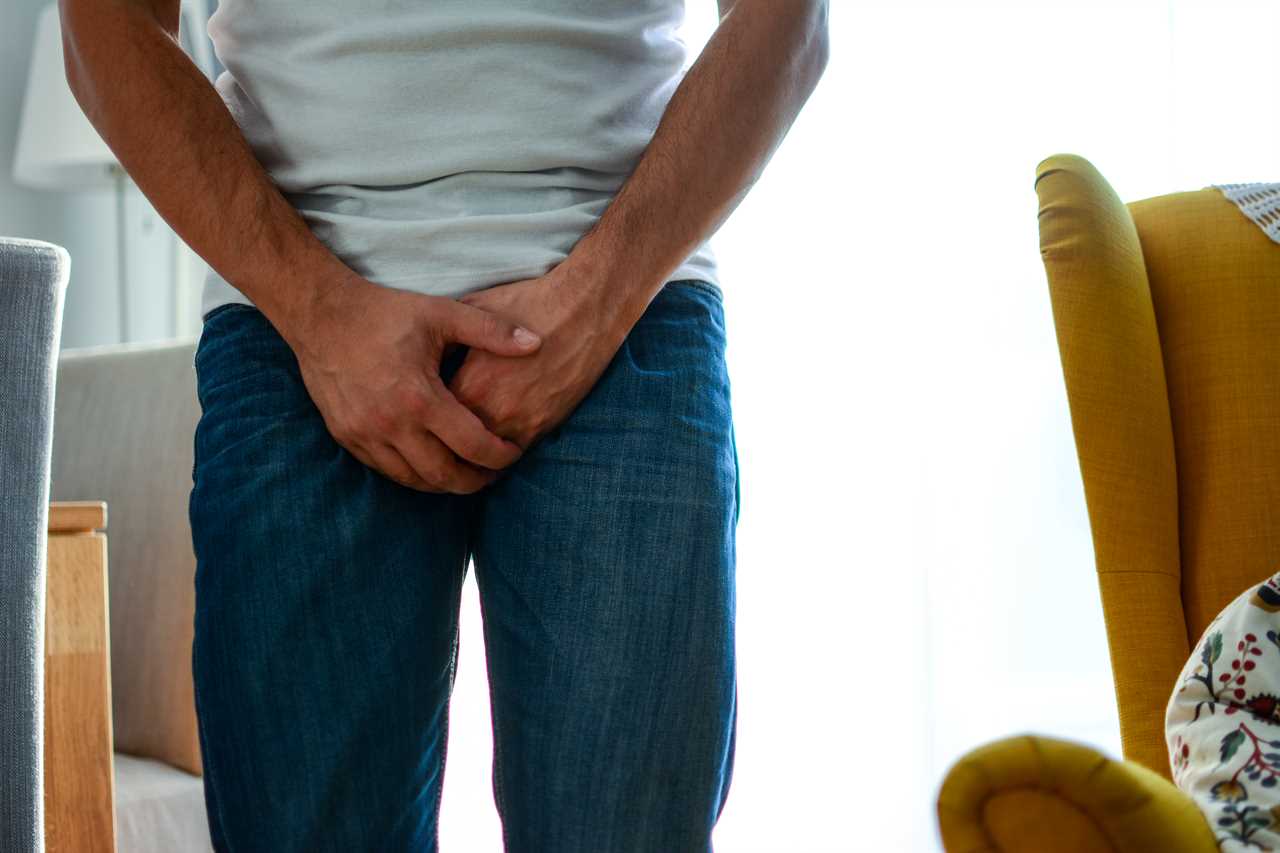NEEDING the toilet in the middle of the night could be a symptom of aggressive prostate cancer, medics have warned.
Nocturnia – waking up to pass urine – can be caused by a growing tumour pushing against the urethra, the NHS warns.

The condition is also a side effect of radiation used to treat prostate cancer – and is seen in 25 per cent of cases, the Cleveland Clinic warns.
The NHS website reads: “Prostate cancer does not usually cause any symptoms until the cancer has grown large enough to put pressure on the tube that carries urine from the bladder out of the penis.
“Symptoms of prostate cancer can include needing to pee more frequently, often during the night.”
The prostate is a small, walnut-sized gland, that only men have.
It sits around the urethra – the tube used to urinate – between the penis and the bladder.
The main point of the prostate is to produce the fluid which mixes with sperm to create semen – making it pretty vital for reproduction.
But, like all organs in the body, it can be invaded by cancer – when cells in the gland start to grow uncontrollably.
One in eight British men will get prostate cancer in their lifetime.
Many will live long lives and not experience too many nasty symptoms.
But in others, their cancer will spread, which is when the disease can turn deadly.
Prostate cancer currently kills 10,900 men a year, but Prostate Cancer UK warns that this number could surge to 15,000-a-year by 2026.
Worryingly the majority of men don’t know anything about the disease and, of those that do have a shred of a clue, 60 percent aren’t confident naming the signs and symptoms, according to a male cancer charity Orchid.
A survey by the charity revealed men over 45 knew the least about the killer disease and more than half of black African and Caribbean men did not know their ethnicity increased their risk.
Rebecca Porta, Orchid chief executive said: “Too many men are not seeking help and advice early enough.
“If we can tackle this from both sides, by getting many more men and GPs to talk about prostate cancer risk, we can help to improve outcomes in the longer term – both for patients and the health service.”






